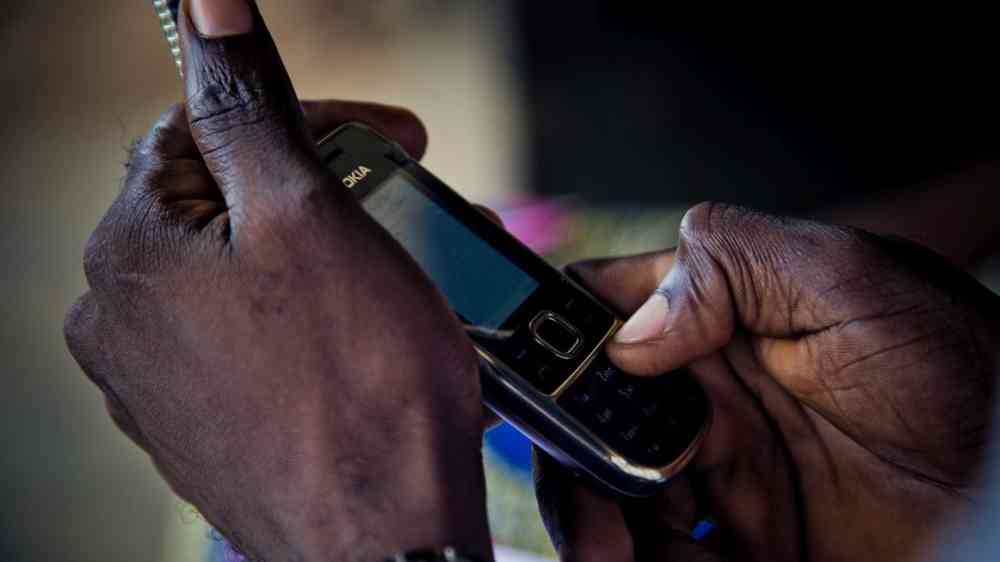Early warning and location technology saves lives in Sri Lanka

Can you imagine being caught out at sea in a fishing boat when a storm hits - let alone a cyclone, surge, or a tsunami? That is the very real risk faced by the men working on 55,000 fishing boats operating out of Sri Lanka. One company has been working with the Government to set up early warning messages through technology: Dialog Axiata PLC (Dialog), a pioneer member of the Asia-Pacific Alliance for Disaster Management Sri Lanka (A-PAD SL), a CBi partner.
Designing early warning systems for the fishing community
Launched in 2020, "Sayuru" (which means "Oceans") is a trilingual service available free of charge for its subscribers. It provides vital weather-related information and early warnings to fishermen, based on their locations. Messages are sent via text or an interactive voice recording, and are also displayed on TV screens installed at 20 harbours around Sri Lanka.
The system is designed to work even with basic phones, and fisher folk received protective cases to keep their phones dry even when they are out at sea.
It is an initiative provided through a partnership between the Department of Fisheries and Aquatic Resources Sri Lanka, the Department of Meteorology Sri Lanka, and Dialog.
Approximately 50% of the community use "Sayuru" and its impact extends to family members and other stakeholders in the supply chains of fisheries.
When the Nivar Tropical Cyclone hit in November 2020, Sayuru put out 51,612 warning calls and 259,000 text messages. What's more, since 2022 there have been zero fishermen deaths reported, in part thanks to the effectiveness of the program.
A-PAD SL has been advocating with its private sector members to maximize technology to reduce the impact of extreme weather events and sudden onset disasters. They linked Dialog with the Telecommunications Regulatory Commission to activate the phones of people victims of landslides and building collapses, to locate them in search and rescue operations. There are also discussions to provide Dialog with the location of preset safety centers. The company could then enhance signals in telecom towers nearby or go as far as to place standby generators so that the towers can work even in the case of a power failure.
Another example of GPS technology saving lives in Sri Lanka
In 2017, Sri Lanka's mobile app-based taxi hailing service, PickMe, also a member of A-PAD SL, launched their unique inapp features - SOS and AID.
With the SOS feature, Sri Lankans who were stranded during adverse weather could click the SOS icon on their app, helping PickMe to identify the exact location of people with the help of GPS tracking - going as far as to facilitate air rescue as A-PAD SL connected the app to the air force.
That year, in the context of the heavy floods and landslides, close to 1000 boat and 50 helicopter evacuation requests were processed via the PickMe SOS feature.
In parallel, donors around Colombo and suburbs could use the AID option to handover their relief items to the PickMe who came to their doorstep and rolled out the collected items to be distributed at A-PAD SL premises.
While the SOS and AID features are not permanent options on the PickMe app, they remain ready to activate in the case of an emergency.
The above examples are a powerful reminder that working across sectors while leveraging technology adapted to vulnerable communities can save lives and foster greater resilience. As business often has greater access to technology, enabling such solutions is one of the reasons the private sector has an integral role to play in disaster preparedness, response, and recovery.